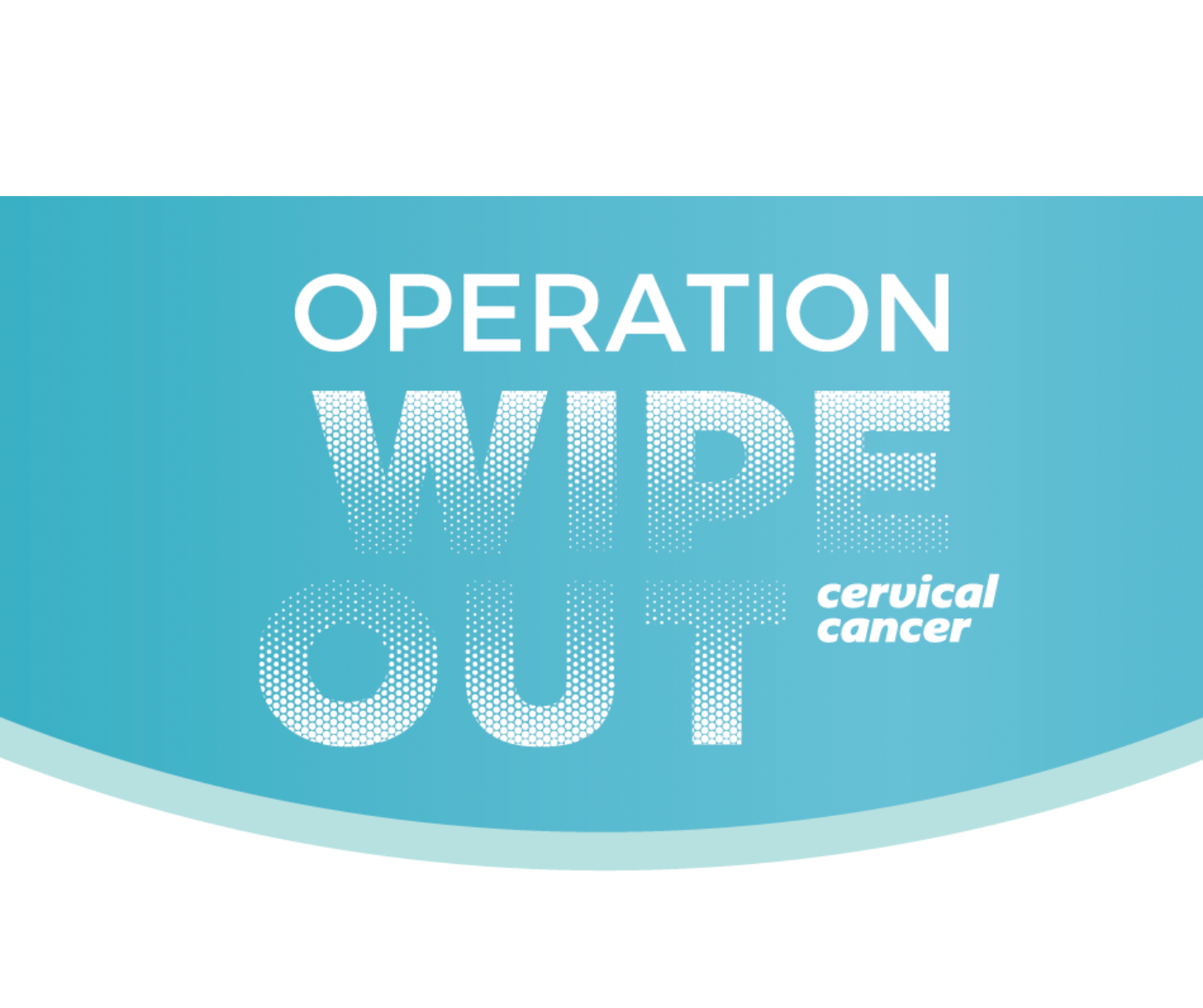As many are aware, the United States is currently experiencing a matter of great concern: an ongoing shortage of chemotherapy drugs that are essential in the treatment of ovarian cancer. The availability of these medications is of critical importance to patients and their families, and we understand the anxiety and uncertainty this shortage may cause.
This shortage of chemotherapy drugs, including cisplatin and carboplatin, has reached a serious level, impacting the treatment options available to some ovarian cancer patients. We want to assure you that OCRA is working diligently to advocate for patients and collaborate with key stakeholders, including elected representatives. Still, experts tell us to expect the shortage to last several months.
If you are currently undergoing treatment or if you have been recently diagnosed with ovarian cancer and have questions or concerns, the first and most important step is to contact your healthcare provider or oncologist. They are your best resource for guidance and can provide you with the most up-to-date information regarding whether you personally may be impacted by the drug shortage, and what alternative drugs or treatment options they recommend.
There are some very good sources of information, including The Society of Gynecologic Oncology (SGO), which has compiled information and resources related to the drug shortage. Additionally, the SGO is recommending strategies to medical providers to optimize the use of cisplatin, carboplatin, and others and acceptable treatment alternatives that may be considered during this shortage. In cases where these drugs must be substituted, other effective treatment options are often available.
We at OCRA firmly believe that no patient should face barriers to the life-saving treatments they need. Our commitment to advocacy and research remains steadfast, and we are dedicated to finding solutions to ensure that all ovarian cancer patients have access to the medications necessary for their care.
We understand the concerns and challenges that this shortage may pose to the ovarian cancer community. We will continue to provide updates and resources as they become available.
As of early June 2023, the National Comprehensive Cancer Network’s (NCCN) Clinical Practice Guidelines have been updated to approve oxaliplatin-based regimens like docetaxel/oxaliplatin/bevacizumab for clinical use in special circumstances, including the national carboplatin shortage. Learn more in a press release from NCCN, and speak with your healthcare provider for more details about the most recent updates to clinical guidelines for ovarian cancer patients.


